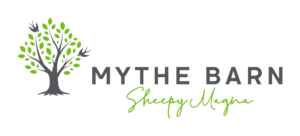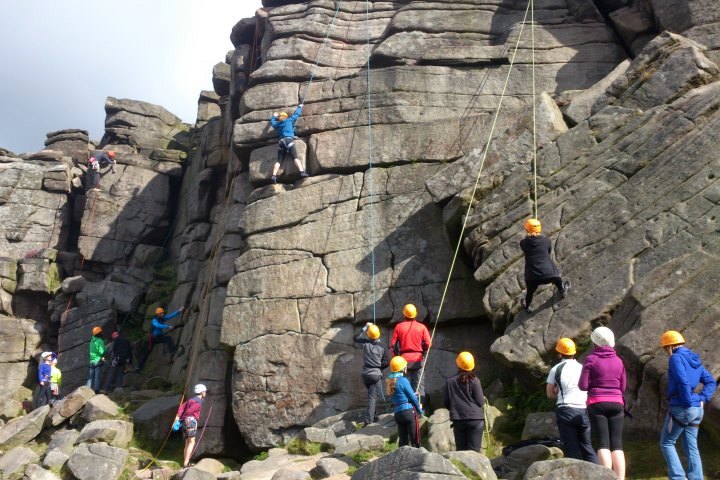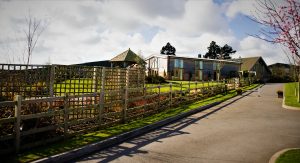Garlands Corporate are hosting the Team Building Zone at the World of Learning Conference and Exhibition again, and this year the organisers asked if we could incorporate a climbing wall in our stand. We said “yes, of course!” Phil Parkin – our Assistant Operations Manager – offered to explain how this seemingly individual pursuit involves both learning and team building.
Most people have a hobby. Mine just so happens to be climbing, which is why I’m writing this! No matter what that hobby may be, every person at every level of their enthusiasm (myself included) is developing their skill in their chosen subject matter.
 The definition of a ‘hobby’ says; ‘An activity done regularly in one’s leisure time for pleasure’. Take a moment to think how you benefit from your pastime. If you don’t have much time for hobbies, what would you like to do and why? What did you get up to once upon a time?
The definition of a ‘hobby’ says; ‘An activity done regularly in one’s leisure time for pleasure’. Take a moment to think how you benefit from your pastime. If you don’t have much time for hobbies, what would you like to do and why? What did you get up to once upon a time?
In a previous vocation I was a climbing coach, introducing and teaching youngsters to climb. A common conversation with parents would be “I used to climb years ago mate” (mainly the dads). “Why not get back into it now?” would usually be my reply. Then they would squirm a little, make a face, and tell me how they gave up when they had kids. “And besides, I’d be terrified of it now!” This was a standard template of parent-coach interaction and a barrier that with some folks, I never really figured out how to break through.
As life does slow us down, I think we really have to try hard to make space for hobbies. They have a purpose of keeping us switched on, they entertain us because we can always learn from them. They can push us out of our comfort zones and show us what we are capable of.
So, what lessons can be learnt from even just a short session of climbing?
Fears can be Overcome
The most obvious one is perhaps that it makes us face our fears. By being faced with something that is for most people manifested in a fear of heights (or falling!), we are able to provide a safe and fun environment to break down these barriers. Upon finding that the task is in fact safe, this helps people to think more creatively and relax where before they may have been on edge.
It’s Important to Consider Your Options
It makes us question what we are doing. In a constructive way, you are impeded until you figure out a way ahead. Climbing is inclusive of all abilities, doesn’t rely on strength (strong arms are not necessary) and is even open to wheelchair users. Therefore, forward planning is vital, and success of the individual can be guided by the team.
Success Creates Energy
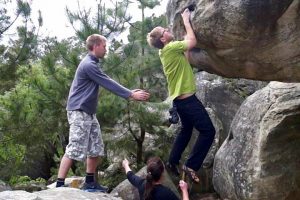 Success energises us, especially when achieved outside our comfort zone. Our brain rewards us with endorphin’s and the team buzzes with celebratory enthusiasm. This burst of energy never fails to put a smile on people’s faces, and always leaves a group with plenty of things to reflect on.
Success energises us, especially when achieved outside our comfort zone. Our brain rewards us with endorphin’s and the team buzzes with celebratory enthusiasm. This burst of energy never fails to put a smile on people’s faces, and always leaves a group with plenty of things to reflect on.
Communication is Vital
In a team context climbing highlights issues that any team may have to overcome, effective communication being perhaps the most obvious one.
Teamwork Matters
Someone who is comfortable climbing the structure may be able to have a look around and make decisions for themselves, whereas someone with a more nervous approach may not feel like they can make even a basic fluid movement without precise coaching and guidance from people who can see exactly what they are doing. Working together is the key to achieving goals.
Trust is Everything
How do you feel safe in a climbing environment? By being able to trust the system operated by the rest of the team. Safety checks are a good way of communicating with each other and helps the group to build confidence in their abilities as individuals and as a whole. Safety checks and safety procedures must be carried out accurately to ensure the safety and also the perception of safety by the climber. Without trust it’s a non – starter.
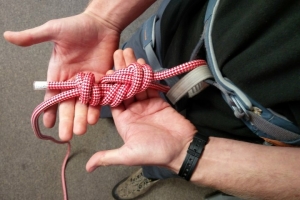 The list goes on. Unless everyone has undergone workplace training, it is unlikely that members of the same team will have undergone a process of learning together. But as a team learns new skills together they are able to bond in new ways and as the learners move forwards together, they will experience opportunities to interact, coach each other and exercise their new skills together.
The list goes on. Unless everyone has undergone workplace training, it is unlikely that members of the same team will have undergone a process of learning together. But as a team learns new skills together they are able to bond in new ways and as the learners move forwards together, they will experience opportunities to interact, coach each other and exercise their new skills together.
The proof of the pudding? Take a look at any successful group of mountaineers and you will find every aspect of an efficient, dynamic, forward planning team. However the important stages of learning are introduced near the beginning, where teams at all stages of their development can learn and prosper and these skills are honed over years of working together and building experiences in a constant learning curve.
We would love to see you at the World of Learning Conference and Exhibition 2016. Come and have a go on the climbing wall with your colleagues and find out for yourself.

